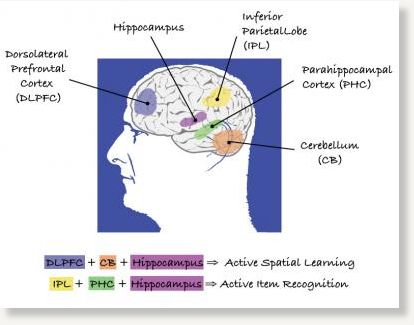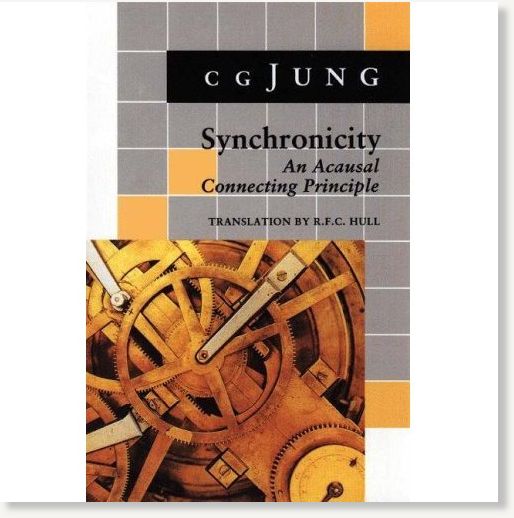
© Unknown
According to a recent study accepted for publication in
The Endocrine Society's Journal of Clinical Endocrinology & Metabolism (JCEM), exposure to electrical light between dusk and bedtime strongly suppresses melatonin levels and may impact physiologic processes regulated by melatonin signaling, such as sleepiness, thermoregulation, blood pressure and glucose homeostasis.
Melatonin is a hormone produced at night by the pineal gland in the brain. In addition to its role in regulating the sleep-wake cycle, melatonin has been shown to lower blood pressure and body temperature and has also been explored as a treatment option for insomnia, hypertension and cancer. In modern society, people are routinely exposed to electrical lighting during evening hours to partake in work, recreational and social activities. This study sought to understand whether exposure to room light in the late evening may inhibit melatonin production.
"On a daily basis, millions of people choose to keep the lights on prior to bedtime and during the usual hours of sleep," said Joshua Gooley, PhD, of Brigham and Women's Hospital and Harvard Medical School in Boston, Mass. and lead author of the study. "Our study shows that this exposure to indoor light has a strong suppressive effect on the hormone melatonin. This could, in turn, have effects on sleep quality and the body's ability to regulate body temperature, blood pressure and glucose levels."
In this study, researchers evaluated 116 healthy volunteers aged 18-30 years who were exposed to room light or dim light in the eight hours preceding bedtime for five consecutive days. An intravenous catheter was inserted into the forearms of study participants for continuous collection of blood plasma every 30-60 minutes for melatonin measurements. Results showed exposure to room light before bedtime shortened melatonin duration by about 90 minutes when compared to dim light exposure. Furthermore, exposure to room light during the usual hours of sleep suppressed melatonin by greater than 50 percent.











